What is Anorexia Nervosa?
Anorexia Nervosa, a type of eating disorder, triggers an intense fear of weight gain, leading to distorted body image, struggles in maintaining a healthy weight, fear and distrust of food, food and body preoccupation and anxiety, all of which can result in medical and psychological complications. It presents in two subtypes: the restrictive subtype, characterized by severely limiting food intake to sustain a low body weight, and the binge-eating/purging subtype, which involves a combination of food restriction alongside binge-eating and/or purging behaviors such as self-induced vomiting, excessive exercise, and misuse of laxatives, diuretics, or enemas.
Anorexia Nervosa can affect individuals regardless of age, gender, socioeconomic status, job occupation, sexual orientation, ability, neurodiversity, race, ethnicity, or body shape and size.
Although it may seem very overwhelming to navigate recovery, it's important to acknowledge that complete recovery is attainable and support is available. Our team of specialized professionals is uniquely positioned to collaborate with you and the treatment team, guiding you towards achieving full recovery.













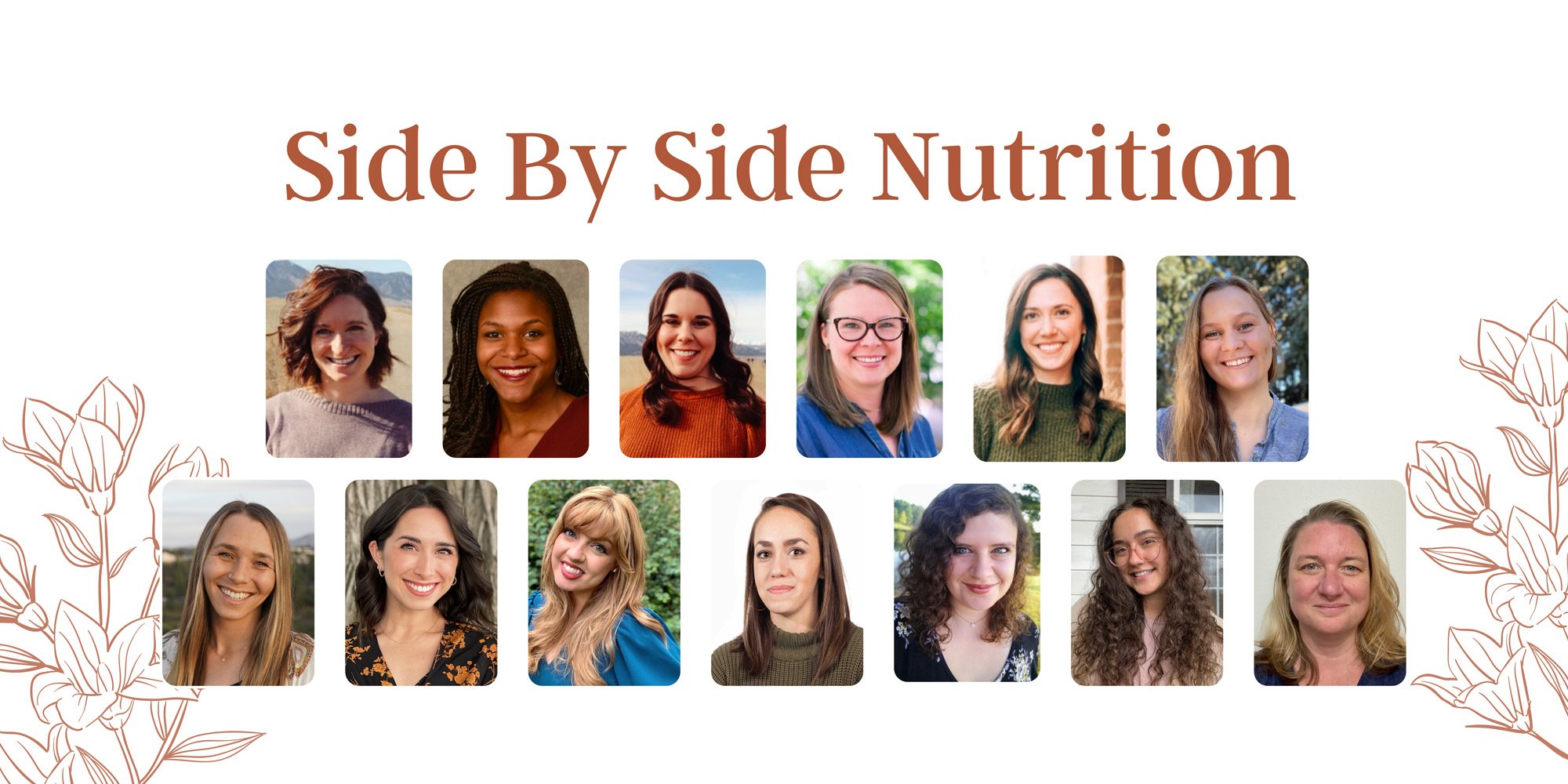












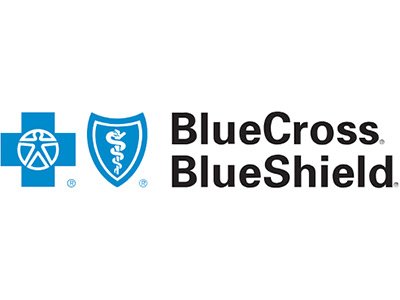

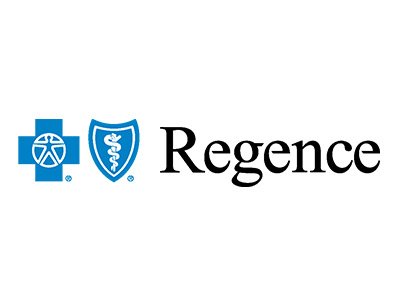
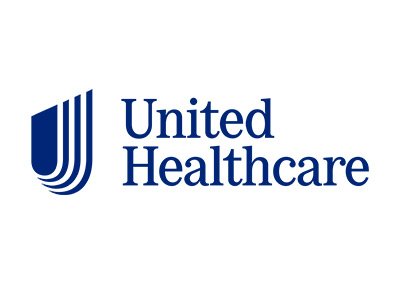
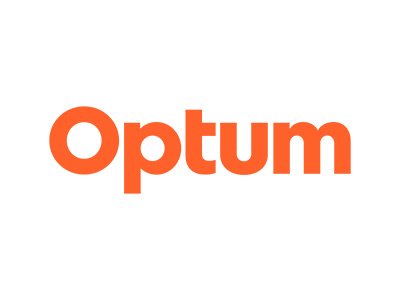





Recent “graduate” from Side by Side Nutrition. I started working with SBSN to figure out how food worked after having an eating disorder for years. And I’m so happy I got so much more than that! SBSN introduced me to Self-Compassion and met me with an approach that never included shaming me. I looked forward to our sessions every week, even if I hadn’t done any of my work, because I knew she’d be understanding and work with me to figure out what I needed to make it happen. And none of that compassion and presence was lost when we had to switch to telehealth. When I started, I didn’t think healing from an eating disorder was possible. And I never in my wildest dreams imagined that I’d come out of it with an unshakable love for my body (certainly not a plus size body with chronic illness)! I’m so glad circumstances sent me here because I know I wouldn’t have gotten to this place with my previous dietician! I am STRONG, I am CONFIDENT, and I am in LOVE with myself! Thank you so much for helping me on my journey here! It wasn’t easy, but it was so worth it!
Michaela Myers